
Permanent Deputy Prime Minister Nguyen Hoa Binh presented the Government's Summary Report on 3 draft laws.
Many regulations are limited, overlapping or no longer suitable.
Reporting on the three draft laws, Deputy Prime Minister Nguyen Hoa Binh said that the implementation of the current laws shows that many regulations have revealed limitations, overlaps or are no longer suitable to the requirements of state management. On the other hand, in the context of implementing the arrangement of the streamlined state apparatus, effective and efficient operations and implementing the 2-level local government model according to the resolutions of the Central Committee, the Politburo , and the National Assembly, the People's Public Security force no longer has a district-level organization, leading to the requirement to review and synchronously amend legal regulations related to the tasks and powers of criminal enforcement agencies, temporary detention management, temporary detention management, and judicial record management.
Specifically, regarding the Law on Execution of Temporary Detention, Temporary Detention and Prohibition from Leaving the Place of Residence, the requirement for amendment is due to the fact that the scope of regulation of the 2015 Law does not cover all practical aspects, especially the lack of provisions on measures to prevent "prohibition from leaving the place of residence"; at the same time, a number of provisions on management, supervision, regimes and policies for detainees and prisoners are still inadequate and not consistent with the new law.
The amendment of the Law not only aims to expand the scope of regulation and perfect the management and supervision mechanism, but also meets the requirements of adjusting the authority between police levels in the context of no longer having a district level, enhancing the application of science and technology and ensuring the legitimate rights and interests of detainees.
Regarding the Law on Enforcement of Criminal Judgments (amended), after 5 years of implementation, a number of provisions are no longer consistent with the new organizational structure of the police force and local authorities; responsibilities and authority between agencies have not been clarified; and the role of the Commune-level Police - the grassroots unit directly responsible for managing, supervising, and educating people serving sentences in the community - has not been fully promoted. The amendment of the Law aims to adjust the organizational model of the criminal judgment enforcement system to be consistent with the new organizational structure, while supplementing provisions to ensure human rights, civil rights, application of science and technology, and biometric data in management and execution of sentences.
Regarding the Law on Judicial Records, the amendment is necessary to complete the legal framework on management, exploitation and issuance of Judicial Records; in line with the policy of transferring the task of state management and providing public services on judicial records from the Ministry of Justice to the Ministry of Public Security, ensuring the unification and concentration of data on people, meeting the requirements of national digital transformation, administrative reform and better serving the people.
The draft laws have been developed in accordance with the order and procedures prescribed by the Law on Promulgation of Legal Documents; the content ensures consistency with legal documents in the same field and related fields; and is compatible with relevant international treaties to which the country is a member.
Supplementing regulations on implementing preventive measures prohibiting leaving the place of residence
The Draft Law on Execution of Temporary Detention, Temporary Imprisonment and Prohibition of Leaving the Place of Residence regulates the organizational system and model of the agency managing and executing temporary detention, temporary imprisonment, and prohibition of leaving the place of residence; the detention management regime; the regime of detainees, temporary detainees, and death-sentenced persons currently in detention; detainees and temporary detainees who are under 18 years old, pregnant women or women raising children under 36 months old; execution of decisions prohibiting leaving the place of residence; complaints and denunciations in the management and execution of temporary detention, temporary imprisonment, and prohibition of leaving the place of residence; responsibilities for management and execution of temporary detention, temporary imprisonment, and prohibition of leaving the place of residence.
The draft Law consists of 12 chapters (including 1 new chapter), 76 articles, of which 57 articles are amended and supplemented, 10 new articles are created, 8 articles are removed, and 8 articles are kept; focusing on basic contents such as: Expanding the scope of the law, adding regulations on the implementation of preventive measures prohibiting people from leaving their place of residence. Completing regulations to improve the effectiveness of management and supervision of detainees and prisoners. Completing regulations on regimes and policies for detainees and prisoners, ensuring consistency and unity with relevant legal provisions in order to more specifically stipulate the regimes and policies for detainees and prisoners...

Delegates attending the meeting on the morning of October 27
Ensuring consistency and unity of the legal system
The draft Law on Enforcement of Criminal Judgments (amended) basically maintains the same scope of regulation as the 2019 Law; at the same time, amends and supplements a number of provisions to ensure consistency and uniformity of the legal system and resolve existing problems and difficulties in practice, meeting the requirements of criminal judgment enforcement in the coming time.
The Draft Law consists of 15 chapters with 179 articles, amending 129/207 articles, adding 10 articles, and removing 16 articles; including basic amendments including: Perfecting regulations on tasks and powers of agencies and units in the work of executing criminal sentences to further improve the effectiveness of management, education, and reform of people serving criminal sentences to overcome difficulties and inadequacies and meet the requirements of criminal sentence execution in the new situation and the requirement to continue to innovate and organize the apparatus of the political system to be streamlined, operate effectively and efficiently.
In which, the tasks and powers of the People's Committee and the Commune-level Police are amended and supplemented in the direction that the People's Committee at the commune level manages, supervises, and educates people serving criminal sentences in the community; the Chief of the Commune-level Police has the responsibility to directly assist the People's Committee at the commune level in managing and supervising people serving criminal sentences in the community.
At the same time, perfect the regulations on the implementation of rights and obligations of persons serving criminal sentences, the management regime of persons serving criminal sentences, and the implementation of the detention regime for prisoners; ensure consistency and uniformity with other relevant specialized legal regulations and suitability with the current practical conditions of Vietnam and in the following years.
Expanding the purpose of criminal record management
The draft Law amending and supplementing a number of articles of the Law on Judicial Records basically maintains the same scope of regulation as the 2009 Law; at the same time amends and supplements a number of provisions to ensure the consistency and uniformity of the legal system and resolve existing problems and difficulties in practice, meeting the requirements of state management of judicial records in the coming time; transferring the implementation of public services of issuing Judicial Records from the Ministry of Justice to the Ministry of Public Security.
The Draft Law consists of 3 articles, of which Article 1 amends and supplements 21/57 articles; adds 2 new articles; and abolishes 5/57 articles of the current Law on Judicial Records. Articles 2 and 3 stipulate implementation provisions and transitional provisions.
The revised and supplemented contents focus on the following issues: Expanding the purpose of criminal record management; amending the model of a centralized, unified one-level criminal record database; amending and supplementing the regulation that agencies and organizations are not allowed to request individuals to provide Criminal Record Form No. 2 to overcome the abuse of Criminal Record Form No. 2, in accordance with legal regulations on personal data protection.
Supplementing a number of regulations related to: sources of criminal record information according to relevant laws; Criminal record database interconnected and synchronized with the national population data system and connected and shared with other specialized databases and standards of the Criminal Record Database; responsibilities of investigation agencies, courts, and the Procuracy in providing information on new criminal acts;...
Abolish regulations on duties and powers of performing state management tasks at the local level of the People's Committees of provinces and cities; "Certificate of automatic criminal record deletion" and the handling of this information.
The Government report affirms that the implementation of the Law projects does not increase the organizational structure and payroll from the state budget. The human resources for implementation are the cadres, soldiers, and civil servants currently working in management, criminal enforcement, temporary detention, temporary imprisonment, and judicial records within the scope of assigned functions and tasks.
The budget for ensuring the implementation of the Law is balanced in the state budget estimate and other legal sources, focusing on the development and completion of detailed regulations and implementation instructions; investment in information technology infrastructure, collection and management of biometric data, equipment for management, supervision and information storage; organization of propaganda, dissemination and professional training, ensuring the implementation of the Law is unified, effective and feasible in practice.
Hai Lien
Source: https://baochinhphu.vn/trinh-quoc-hoi-3-du-an-luat-ve-tam-giu-tam-giam-thi-hanh-an-hinh-su-ly-lich-tu-phap-102251027101147146.htm





![[Photo] National Assembly Chairman Tran Thanh Man receives Chairman of the House of Representatives of Uzbekistan Nuriddin Ismoilov](https://vphoto.vietnam.vn/thumb/1200x675/vietnam/resource/IMAGE/2025/10/27/1761542647910_bnd-2610-jpg.webp)
![[Photo] Party Committees of Central Party agencies summarize the implementation of Resolution No. 18-NQ/TW and the direction of the Party Congress](https://vphoto.vietnam.vn/thumb/1200x675/vietnam/resource/IMAGE/2025/10/27/1761545645968_ndo_br_1-jpg.webp)

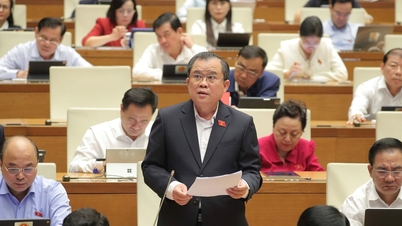

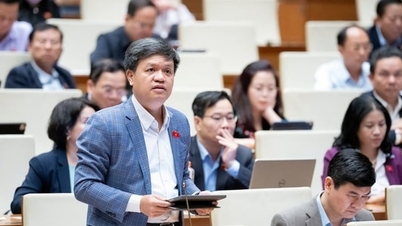

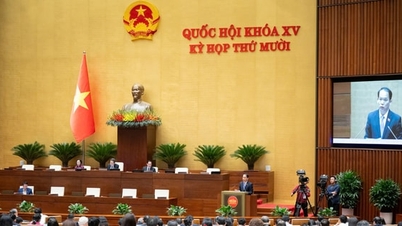
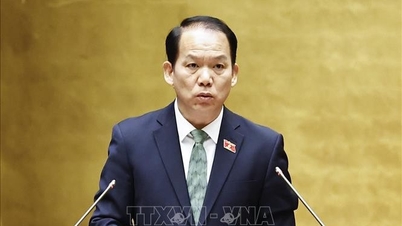

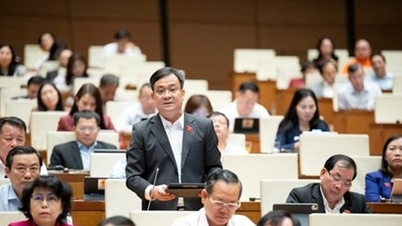



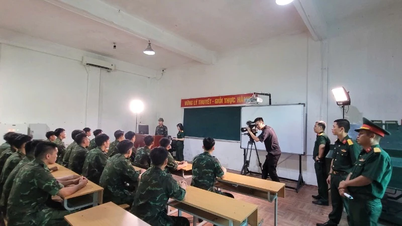

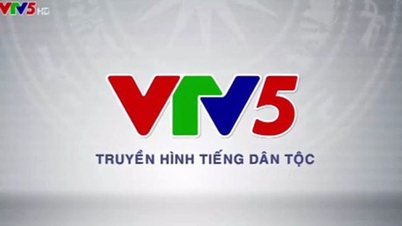

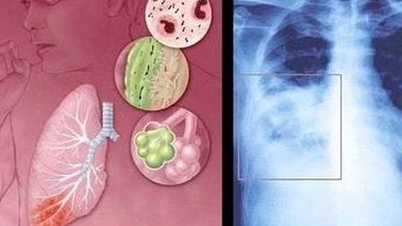






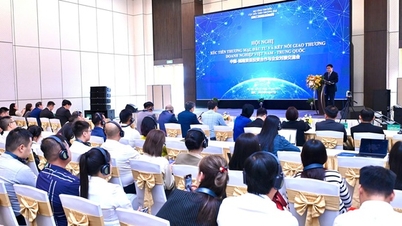

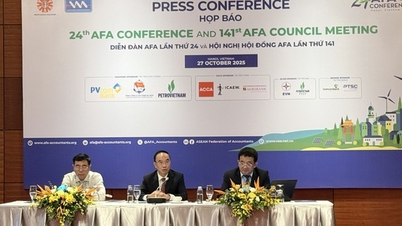
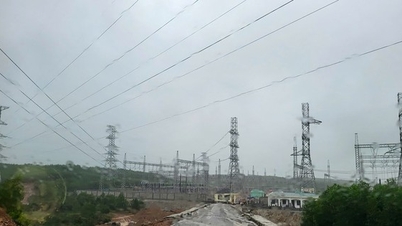
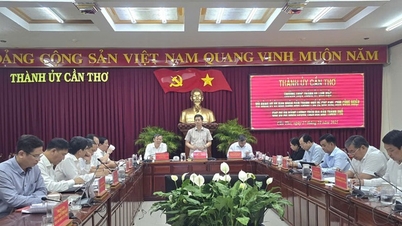






































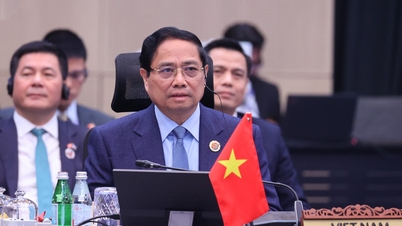






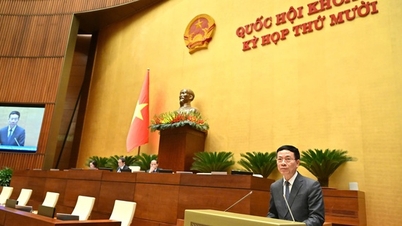



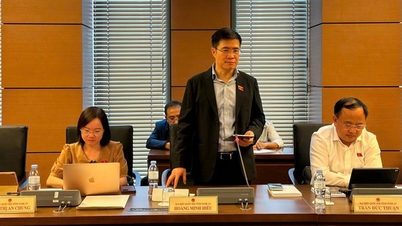
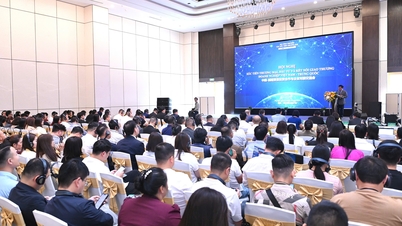

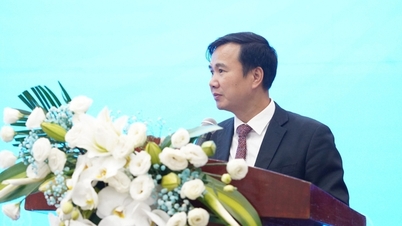


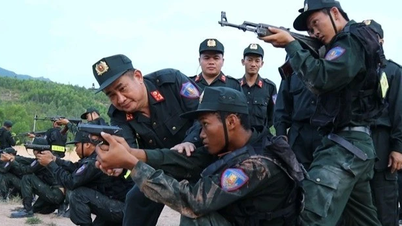

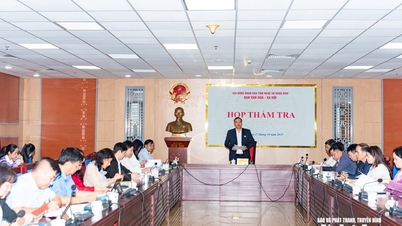

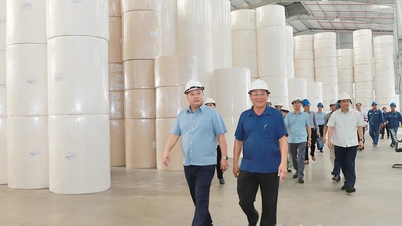

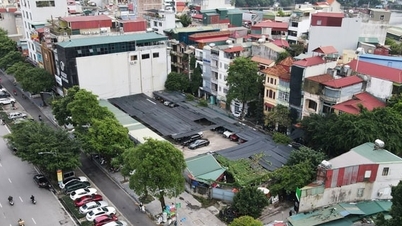
















Comment (0)